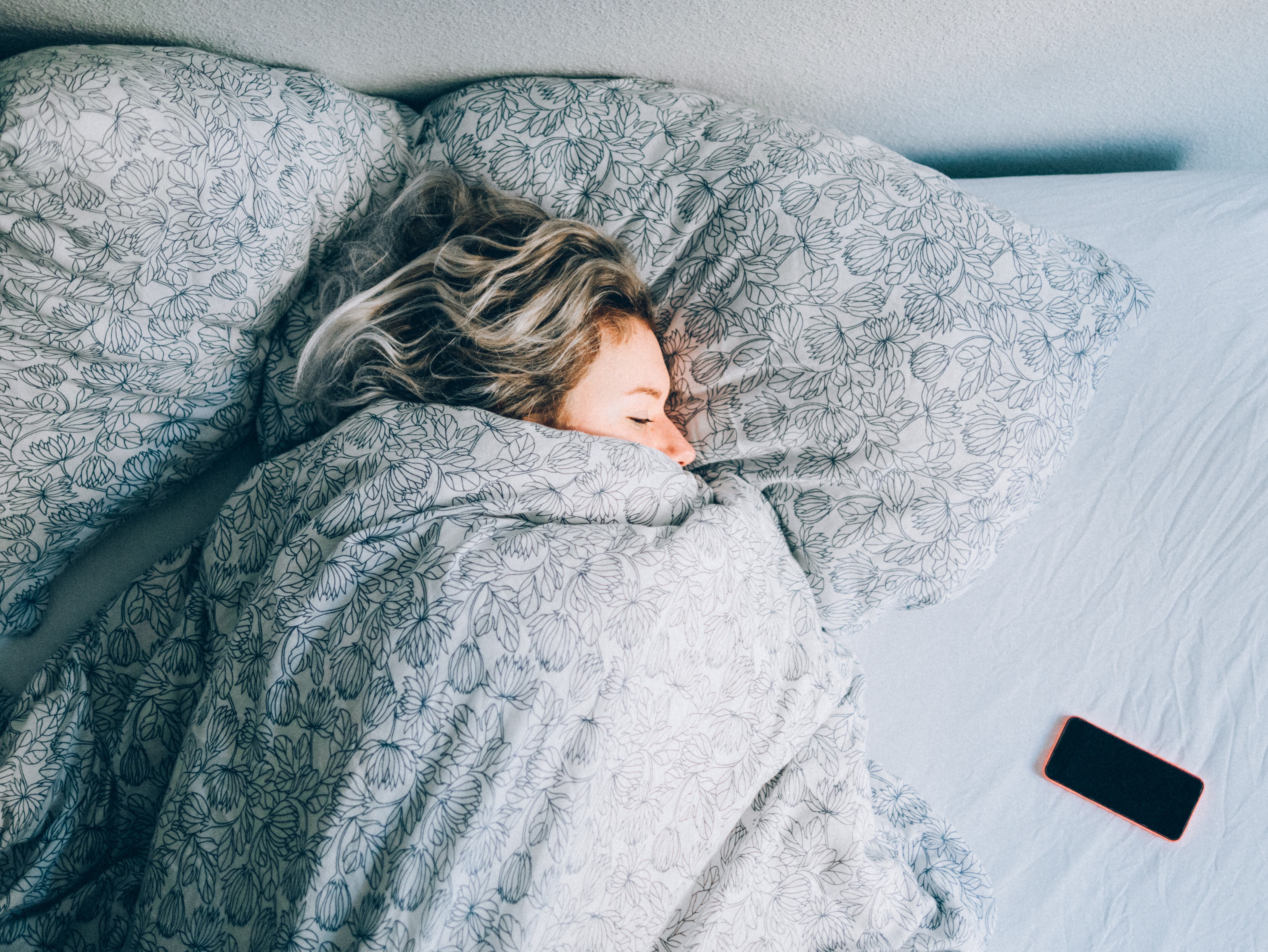If you find yourself or someone you know struggling with mental wellness and facing increased stress levels, owning a pet could help improve conditions.
Alina Hauptman, a communications strategist at the Best Friends Animal Society, told Cheddar News that pets can actually evoke feelings of love within humans.
"When you look into a dog or cat's eye, it releases [oxytocin], which is the love hormone, which is an automatic mood booster," she explained.
In fact, the National Institutes of Health reported in 2019 that pets can evoke similar emotions in humans in the same way that close relatives do.
"Furthermore, a more recent study also confirmed the activation of a common network of brain regions involved in emotion, reward, affiliation and social cognition both when mothers viewed images of their child or their dog," a 2019 study found.
It also reported in 2018 that interacting with animals can counter stress by lowering cortisol levels — a hormone that induces stress — and can even lower blood pressure. Other benefits that have emerged from interacting with pets include reduced loneliness and a boost in mood.
Hauptman said owning a pet and having a sense of responsibility for another life could also be a mental health booster.
"So what's great about pets is that they help you out with routines," she said. "So your dog or cat knows when they want breakfast, when they want to be walked, when they want a nap, when they want to go potty, and having that responsibility, caring for another being, that gives people a sense of purpose, which is really important for mental health.
While not everyone can afford to own a pet, there are alternative options. Fostering has surged in popularity and allows people to care for pets while expenses are covered by rescue groups.











